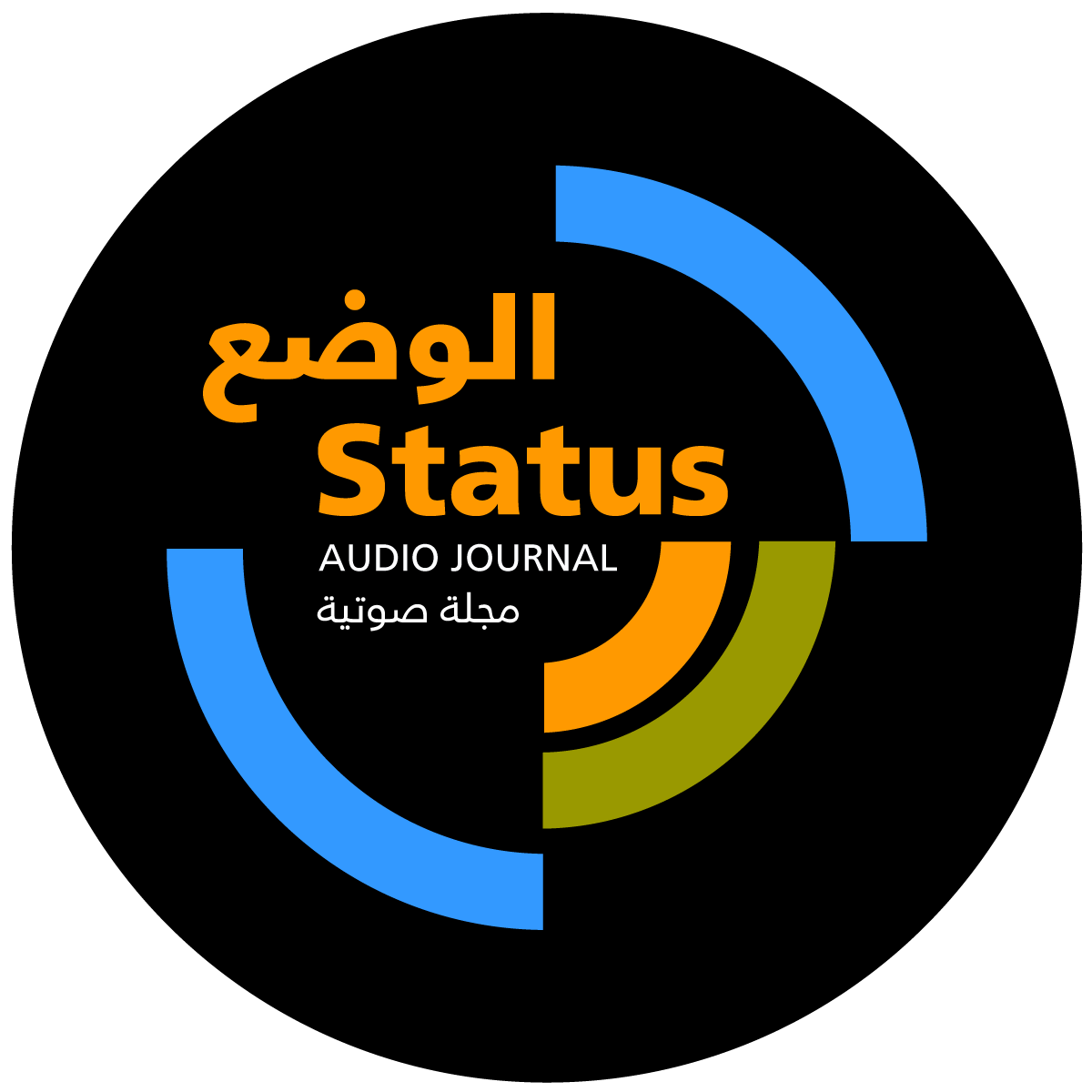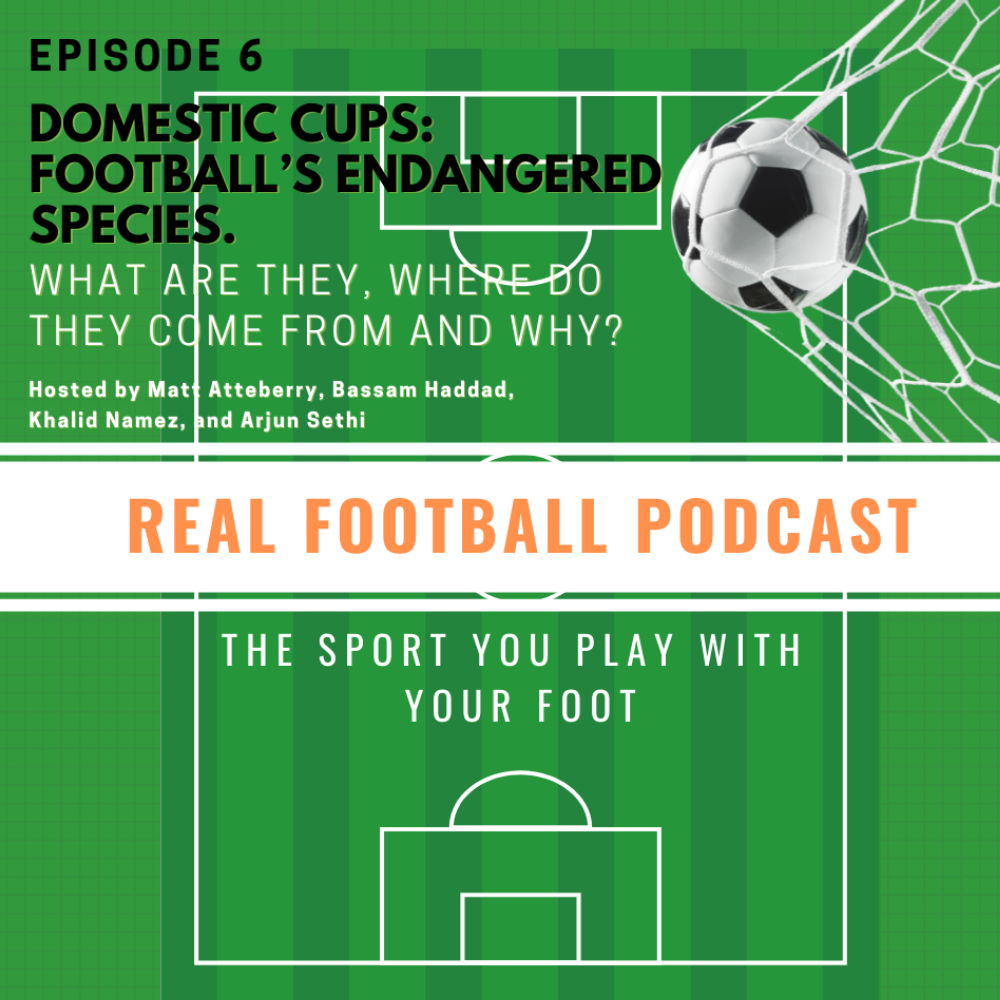For more from Status/الوضع, visit www.statushour.com and subscribe to the podcast on iTunes!
Real Football Podcast Episode 6
Domestic Cups
Football's Endangered Species
What are they? Where do they come from and why?
In Episode 6 of the Real Football Podcast our hosts look at the history of Domestic Cup Competitions in some of the top leagues, their instrumental pasts, their amateur skeletons, and the endangerment of their future in the modern game.
In 1871 the Football Association founded the F.A. Cup in England and since the dissemination of the Beautiful Game as football took root other nations adopted the custom of a domestic cup. More often than not these cups pre-date the modern league structures we all follow today, but in the globalized football landscape these hallowed historic cups are increasingly looking like dinosaurs. With television and money now as integral as a shot-stopping goalkeeper and a striker with an eye for goal these competitions are relegated in importance sometimes to the point of ridiculousness as modern powers juggle between the relatively new European mega-comps and insignificant insular incidences of football. Can the domestic cup be saved like Pandas or are they doomed to the demise of the Dodo? Also covered in this episode will be the Champions League knockouts, the crisis at Chelsea, how the War in Ukraine will disrupt World Cup hopes, and why failure is on the cards for hopeful teams.
Featuring
Matthew Atteberry is an alumnus of George Mason University working in administration. He graduated with his masters in 2018 and in addition to his current line of work has also conducted data administration in construction.
Bassam Haddad is Director of the Middle East and Islamic Studies Program and Associate Professor at the Schar School of Policy and Government at George Mason University. He is the author of Business Networks in Syria: The Political Economy of Authoritarian Resilience (Stanford University Press, 2011) and co-editor of A Critical Political Economy of the Middle East (Stanford University Press, 2021). Bassam is Co-Founder/Editor of Jadaliyya Ezine and Executive Director of the Arab Studies Institute. He serves as Founding Editor of the Arab Studies Journal and the Knowledge Production Project. He is co-producer/director of the award-winning documentary film, About Baghdad, and director of the acclaimed series Arabs and Terrorism. Bassam serves on the Board of the Arab Council for the Social Sciences and is Executive Producer of Status Audio Magazine and Director of the Middle East Studies Pedagogy Initiative (MESPI). He received MESA's Jere L. Bacharach Service Award in 2017 for his service to the profession. Currently, Bassam is working on his second Syria book titled Understanding The Syrian Tragedy: Regime, Opposition, Outsiders (forthcoming, Stanford University Press).
Arjun Singh Sethi is a community activist, human rights lawyer, author and law professor based in Washington, DC. He works closely with Muslim, Arab, South Asian, and Sikh communities and is the editor of American Hate: Survivors Speak Out, an NPR Best Book of 2018. He holds faculty appointments at Georgetown University Law Center and Vanderbilt University Law School, and co-chairs the American Bar Association’s National Committee on Homeland Security, Terrorism, and Treatment of Enemy Combatants.
Khalid Namez is an experienced IT professional and provides technical guidance and support to the Arab Studies Institute.
Previous Episodes


